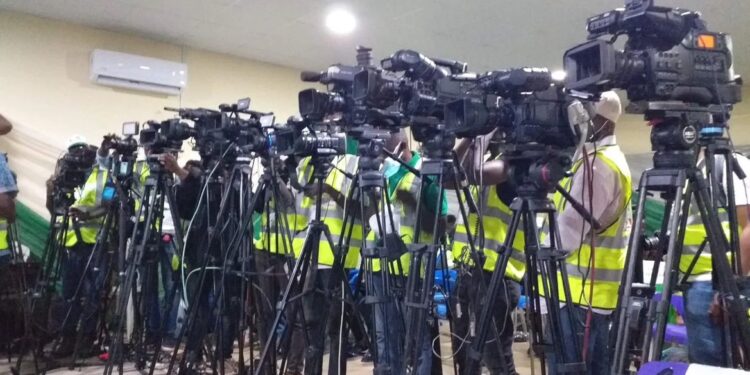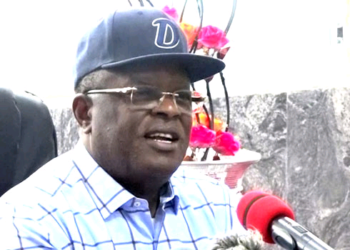By Abubakar Yunusa
The Pro-Poor Development Media Network (PDM-Network) has launched a coalition for journalists focused on developmental reporting in Nigeria and Africa.
The coalition is designed to overcome collaboration barriers among media outlets, journalists, and development partners, including researchers.
Omobayo Azeez, secretary of PDM-Network’s board of directors, described the initiative, named the “Pro-poor Development Journalists’ Coalition (PDJC)”, as a project committed to inclusive media coverage and fostering mutually beneficial partnerships.
Azeez said PDJC’s primary objective is to advocate for the consideration of the poor in public policies and programmes, using the media as a bridge between the government and the underprivileged.
“PDJC is a flagship of PDM-Network and one of the many inclusive media initiatives expected from the network,” he said.
“PDJC will benefit from various interventions, including training and fellowship opportunities for journalists and excursions to enable journalists to report on stories that matter and drive development for those at the lowest rung of society’s ladder.”
He added that although the coalition is starting in Nigeria, it is designed with a Pan-African outlook, and the board is dedicated to collaborating with both local and international partners.
Azeez also mentioned that the coalition comprises journalists passionate about development reporting and underreported issues affecting the poor, working across various newsrooms in Nigeria and beyond.
The coalition was officially launched during a membership onboarding session, which included an engagement with members of the African Cities Research Consortium (ACRC) based at the University of Manchester in the United Kingdom.
The consortium, which operates in Lagos and Maiduguri, is a six-year project funded by the UK’s Foreign Commonwealth Development Organisation (FCDO). It focuses on researching key developmental issues like health, education, and housing.
Bimbo Oloyede chairs the board of directors for PDM-Network, alongside Dapo Olorunyomi, publisher of Premium Times, and Garba Kabir, Weekend titles editor of the Guardian Newspaper.
During the inaugural partnership meeting, Chris Jordan, ACRC’s communications and impact manager, emphasised the importance of bridging the gap between researchers and journalists.
He highlighted the role of journalists in conveying research findings for the benefit of communities.
Jordan explained that impact relies on communication, knowledge exchange, stakeholder engagement, advocacy, and evidence uptake.
He cited the Economic and Social Research Council (ESRC) which defines research impact as the demonstrable contribution that excellent research makes to society and the economy.
He noted that co-producing with policymakers maximises impact potential, referencing an analysis of 500 development economic projects funded by the International Growth Centre.
The analysis showed that collaborating with policymakers increases the likelihood of policy change by 17 to 20 percentage points.
“This magnitude is substantial compared to the mere 3 percent of non-partnership projects that resulted in evidence uptake,” Jordan said.
In a presentation titled “Research Communications, Engagement and Impact,” Jordan highlighted ACRC’s role in supporting journalists to report on critical developmental issues like health, security, housing, and poverty.
He noted that “communications help with impact, profile, and engagement.”
Kabir Adejumo, acting coordinator of PDM-Network, said: “This initiative aims to give voice to those who are not typically newsmakers. Our focus is on people who may not be heard except through community-based journalism, and I am pleased we have a fantastic team and coalition committed to stories about the disadvantaged.”
Earlier, Oloyede expressed the board’s commitment to supporting initiatives that advance quality reporting in the interest of the poor.
She noted that the media can set the agenda and raise awareness among the public.
She emphasised the power of collaboration, urging coalition members to stay committed to the public good.
“I think it is a great idea, which is why I came on board, and I’m all for finding ways and means of ensuring that the voiceless find ways and means of getting heard,” Oloyede said.











